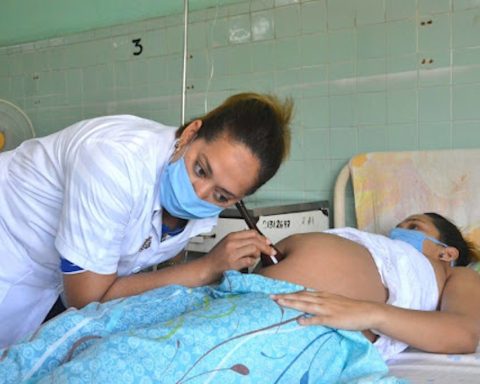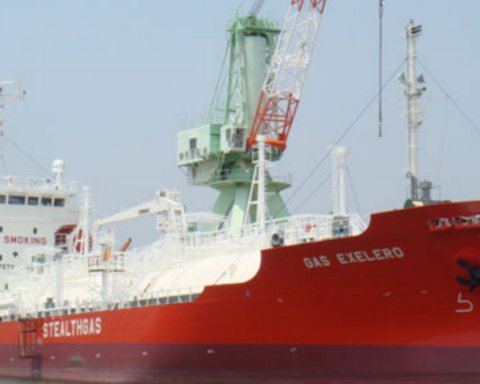Lilian Hernandez Osorio
La Jornada Newspaper
Tuesday, October 15, 2024, p. 10
On the issue of food, the outlook is critical and the challenge is enormous, especially because the current production model is not sustainable, said Julieta Ojeda Gómez, in charge of the office of the UNAM University Sustainable Food Program.
Within the framework of World Food Day, which is celebrated on October 16, he warned that the figures regarding hunger and malnutrition are worrying, since the UN warned that in 2022 about 735 million people (9.2 percent of the world population) were in a state of chronic hunger and 2 billion people in the world lack regular access to safe, nutritious and sufficient food.
Meanwhile, the most recent figures from the international organization warn that 148 million children suffered stunted growth and 45 million children under five years of age were underweight in relation to height.
The specialist from the National University emphasized that hunger and malnutrition are factors that make people more prone to diseases, which can interfere with their jobs and their job perceptions.
Regarding the problems faced in food production, Ojeda Gómez commented that environmental factors stand out, especially climate change, as it increases extreme meteorological phenomena such as droughts and floods, which damage crops and harvests, which in turn makes the products more expensive.
Added to this is the availability or scarcity of water, as well as soil erosion, which harms the quality of the properties of the products and foodstuffs consumed in the world.
One more is insecurity, expressed in violence and floor charge
which generates an increase in its cost and causes the closure of establishments such as chicken shops, tortillerias, butcher shops and other food establishments.
Another element is geopolitical, since military conflicts, such as Russia’s invasion of Ukraine or the situation in the Middle East, cause crises in terms of livelihood for people in conflict zones, such as the Gaza Strip (where there are blockades for the humanitarian aid) and for the rest of the world, due to the shortage of inputs such as wheat.
















